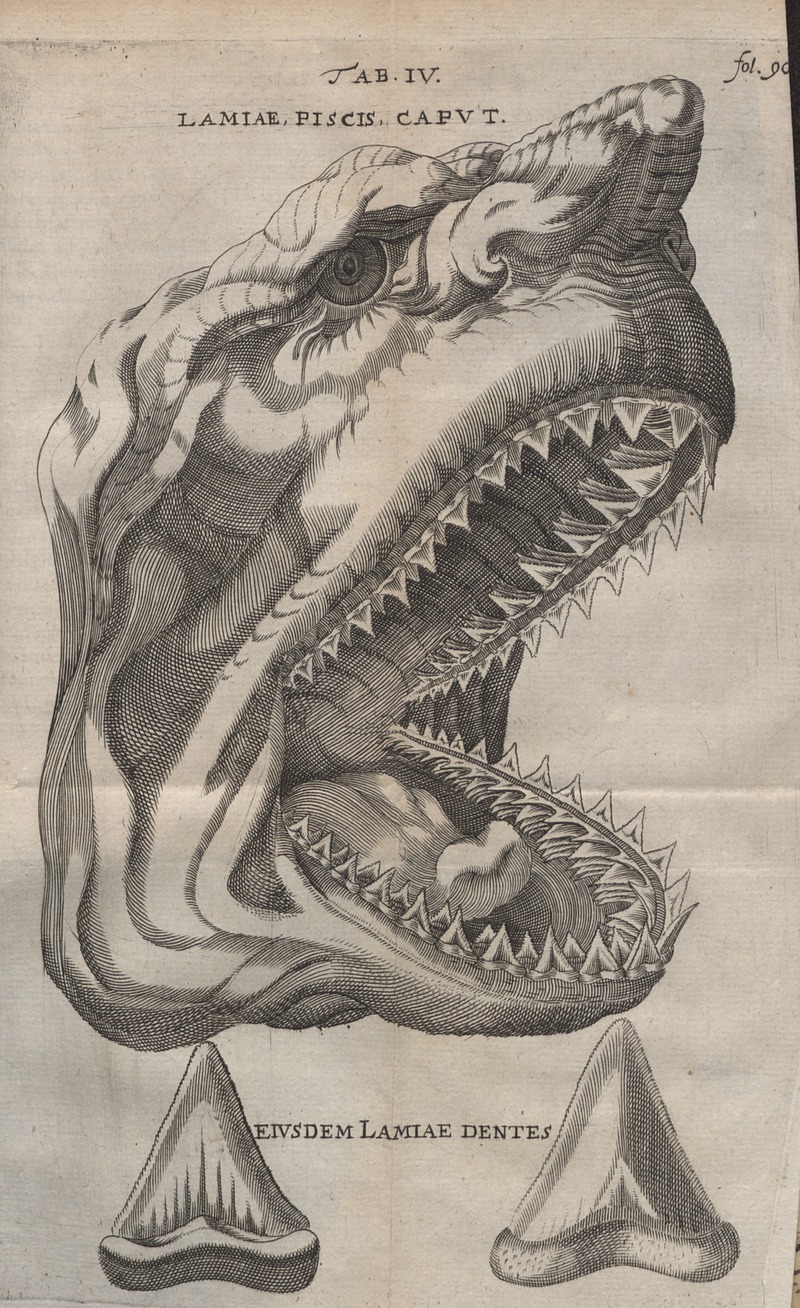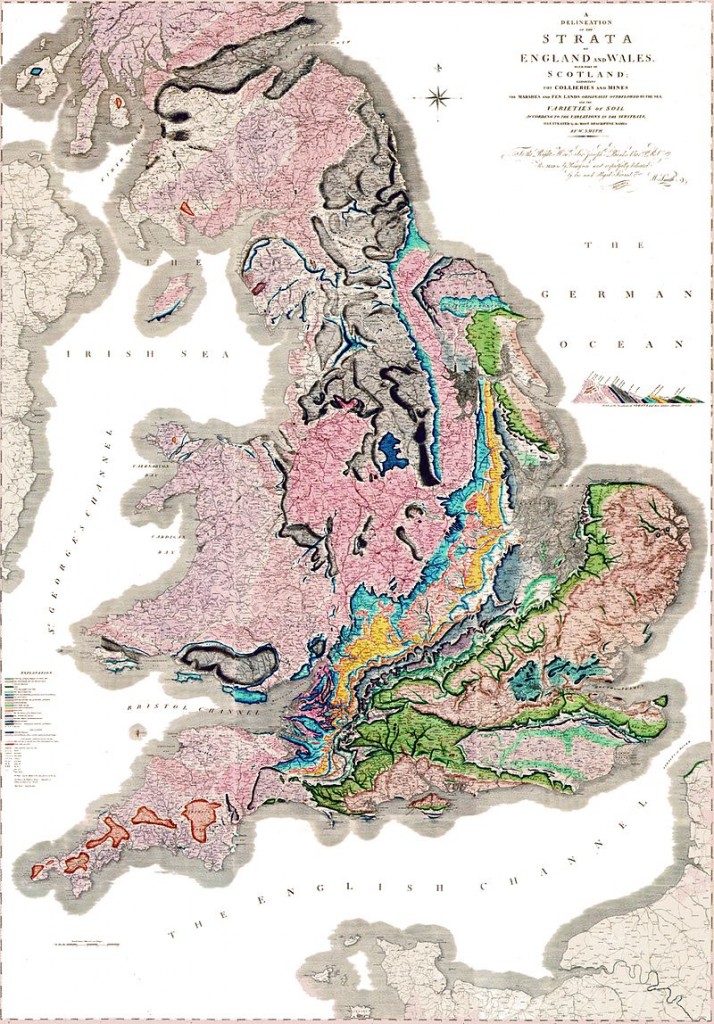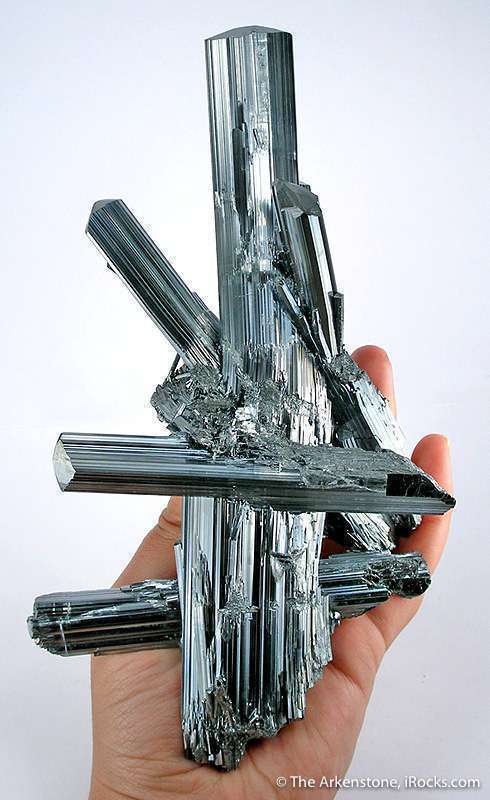It’s been a while since the last geopoll/post. Too long. Life has been busy for me though. I am just concluding an extremely short post-doc at Health Canada’s Canadian Radiological Monitoring Network and am starting a new job at the Canadian Nuclear Safety Commission next week. Suffice to say blogging has sadly slipped a bit lower on my list than I’d like. Plus it’s hockey and nordic season here in Ottawa.
At any rate, I though it high time to dust off one of my saved up poll ideas. Throughout my geological education the title “Father of Geology” has been bandied about in reference to several different founders of the science. When you google “Father of Geology” James Hutton is featured prominently. But is he really the true “Father of Geology”? I have heard the term applied to many others including: Charles Lyell, Charles Darwin, William Smith and more. Each of these men has made huge contributions to geosciences, but which do you think deserves to be recognized as the sole founder? By the way, when you google “Mother of Geology” you get James Hutton as the top result, sadly.
In no particular order, here are your choices.
James Hutton
Google’s choice for the title but not necessarily yours. James Hutton certainly does deserve a top spot in the “most important contributions to geoscience” power rankings, but just how high is up for discussion. The mind behind the principle of uniformitarianism, which despite its annoying name, is a crucial concept underpinning almost every aspect of geology. Hutton’s theory, simplistically put, states that processes in the present operated in the past. This gave early geologists great insight into the processes that formed the rocks, minerals and fossils they were discovering. It also opened the door to our understanding of geologic time, which is a central tenet of geology and underlies every aspect of the science.

Siccars Point, UK. The place where James Hutton found proof of uniformitariansm in the visible angular unconformity representing the missing time between the two formations. Source
Charles Lyell
Author of the famed text “Principles of Geology” in 1830 is a strong contender for the title without question. Lyell built upon the work of Hutton and greatly furthered the burgeoning science of geology. His key contributions include expanding on Hutton’s concept of uniformitarinism/geologic time as well as dabbling in volcanology, paleontology, and glaciology. He also traveled widely, even to North America where he made observations about geology in the colonies. He was also a friend and colleague of Charles Darwin and is believed to have contributed to the publication of On the Origin of the Species. I should add that many mountains have been named in his honour just in case that little tidbit sways your vote at all.
Charles Darwin
Darwin is without question the “Father of Evolution” but does this also qualify him to be the Father of Geology? Evolution is a central aspect of understanding deep time and how Earth’s biota has changed from the Hadean to now and why. Darwin also worked extensively on paleontology and in addition to On the Origin of the Species wrote several geology books about marine invertebrates, atoll formation by coral reefs and his observations during his travels on the Beagle.
Nicolas Steno
In addition to being the namesake of an entire profession, stenographer (kidding), the contributions Nicolas Steno made to the science of geology cannot be overstated. Especially by sedimentologists. His conception of the laws of superposition, original horizontality, cross relationships and lateral continuity are all central to the ideas of deep time, stratigraphy and how formations relate to one another in the field. Furthermore, his principles inspired the work of Hutton.

An illustration from Steno’s 1669 book Source
Pliny the Elder
Certainly the oldest member of this list, although this doesn’t necessarily mean he’s the most important. As one of the earliest recorded observers of the natural world a few notes about geology made it into his magnum opus, Naturalis Historia in which he discussed Roman mining techniques, prospecting for gold, mineralogy and crystallography, and how to detect a fake gemstone. He also covered geography, astronomy, agriculture, art and medicine. Not too shabby!
Worth an honourable mention is that he actually died in the eruption of Mt. Vesuvius. There is some controversy over how since none of his companions suffered the same fate but he either died trying to rescue some friends trapped near Herculaneum or because he wanted a closer look at Vesuvius and ordered a slave to kill him to avoid cooking to death.
Alfred Wegener
Mr. Jigsaw, Alfred Wegener, deserves to be on the list even though he was not technically a geologist. However, as the recognized originator of the idea of contintental drift he certainly deserves recognition especially now because he was ridiculed for his ideas at the time. It was not really until 1965 when J. Tuzo Wilson developed the supercontinent cycle and other evidence was incorporated that theory of plate tectonics became really proven and Wegener’s ideas fully accepted.
William Smith
In addition to having the most generic name on the list, William Smith is the originator of the geological map and known as the “Father of English Geology”. However, as geological maps are not the sole province of the UK maybe he gets your vote as the Father of all geology? A canal builder and coal miner, like James Hutton, smith noticed the strata he was digging through repeated predictably throughout England and was the first to map their outcrops. He also originated the idea of faunal succession in rock formations which today is still regularly applied in the concept of relative age dating.

Smith’s beautiful map delineating the strata of England and Wales (sorry Scotland) Source
Mary Horner Lyell
This poll is about the Father of Geology, but here is my vote for the Mother of Geology title: Mary Horner Lyell. Mary Horner Lyell, in addition to being the wife of nominee Charles Lyell was a very accomplished geoscience researcher in her own right and her contributions were critical to the writing and field work of Charles Lyell. They were quite a dynamic duo! She also contributed to Darwin’s work on barnacles and the study of glaciology with fellow female scientist Elizabeth Agassiz.
The assignment of the coveted title of Father of Geology is now in your hands. Choose wisely!
[polldaddy poll=”9276888″]
By the way, feel free to write another name and justification in the comments if you don’t like my options. This is by no means an exhaustive list. I strongly considered adding William Logan and J. Tuzo Wilson to get some Canadian content in there.
Ultimately, it doesn’t matter who the Father of Geology is (sorry voters). As Newton eloquently said, “if I have seen further it is by standing on the shoulders of giants.” This sentiment applies well here as it is irrelevant who really started it all. Rather, it is more important to realize that as the science of geology expands and grows in divergent and convergent directions we are all standing on one another’s shoulders through the sharing of ideas and knowledge. There is no single base to this pyramid just as there is no distinguishable pinnacle.




